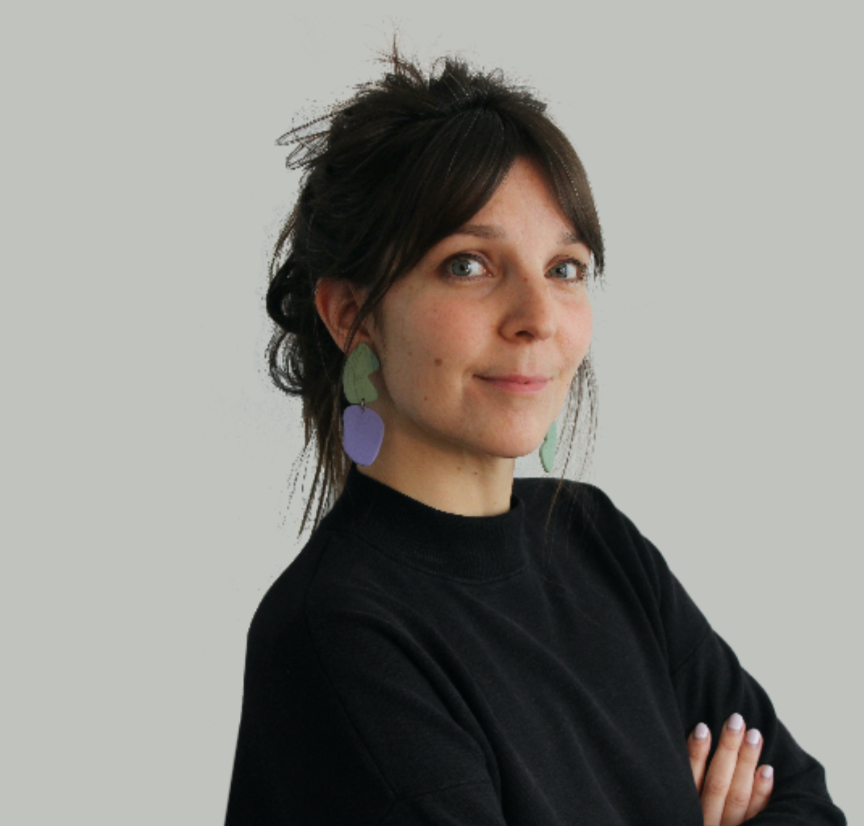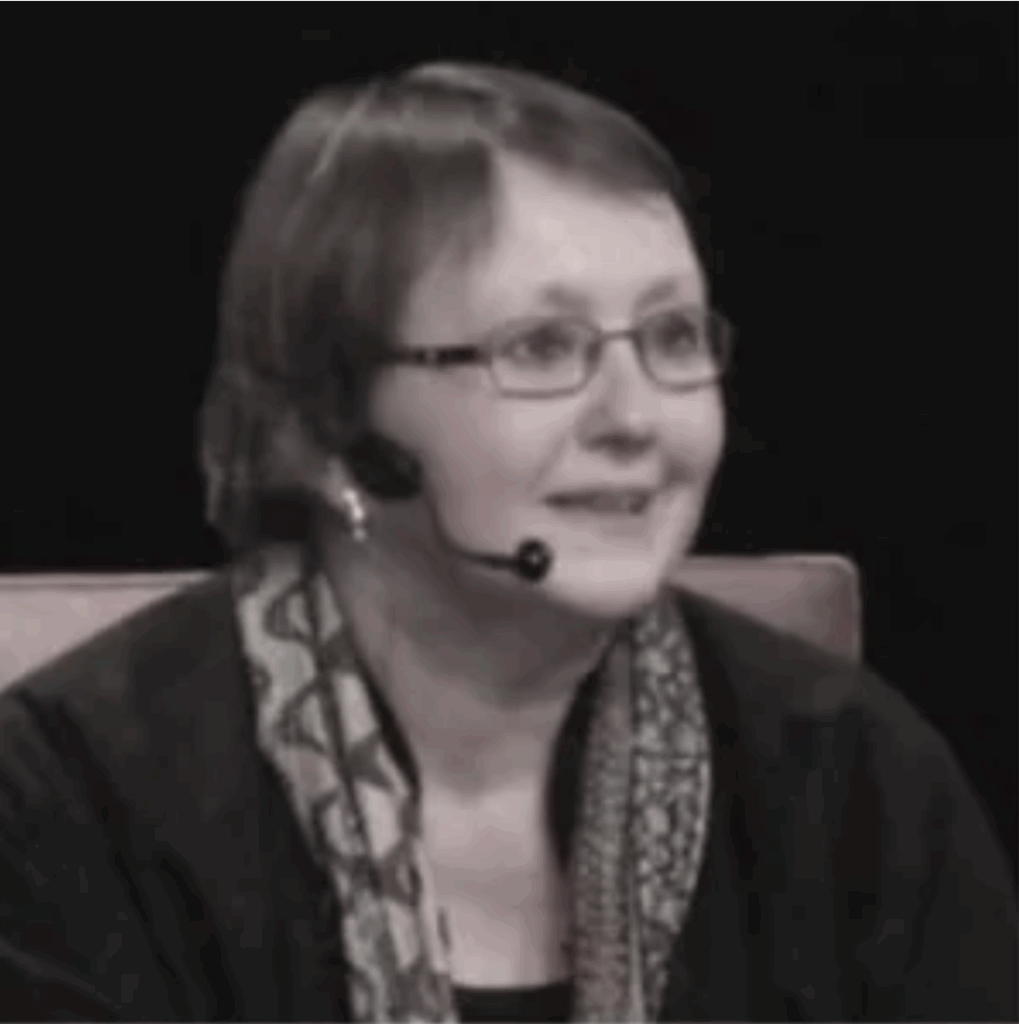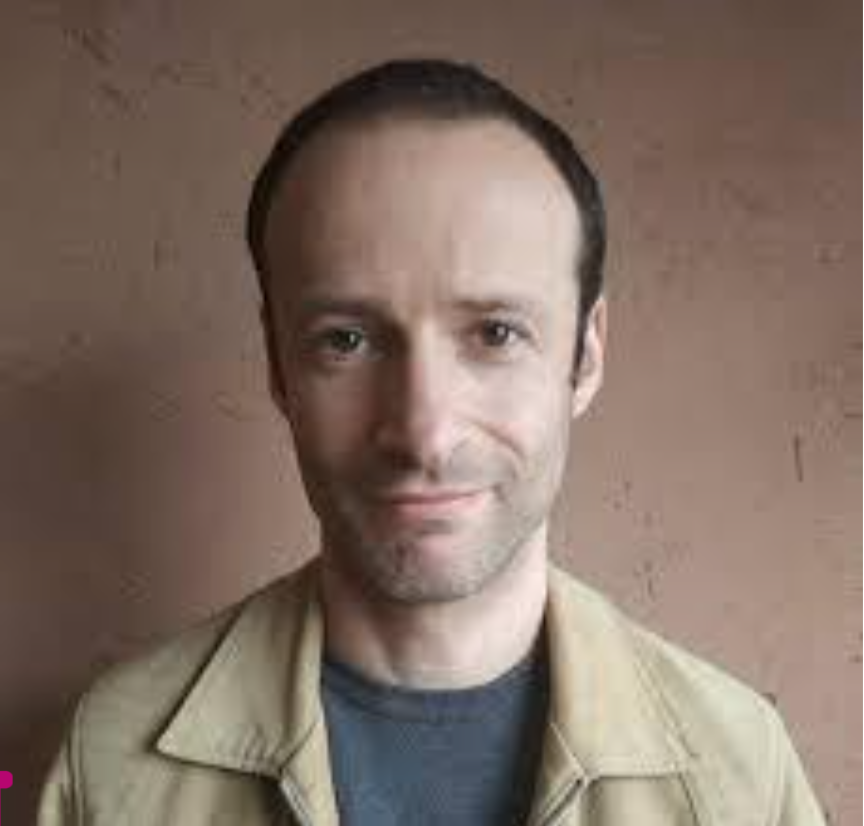Each semester, the Foundation organises a webinar, ‘L’Instant Recherche’ (Research Moment). We invite committed specialists to participate in a free and demanding exchange, where the diversity of knowledge, practices and principles opens up new horizons for the Foundation’s thinking and the emergence of innovative models for action.
The next edition of L’Instant Recherche will take place on Wednesday 8 October from 5pm to 6.30pm (French time, UTC + 2), online on Zoom, on the theme of objects of exile. The connection link will be sent to those who register.
Timeline
- 5:00 p.m. : Introduction by Vincent Leger, research fellow at the Foundation
- 5:10 p.m : Round table with the three researchers, moderated by Vincent Léger
- 6:10 p.m. : Q&A with the public
- 6:30 p.m. : End
Themes
Exile is not limited to a simple geographical displacement: it involves the transfer of meanings, identities, memories and practices embedded in material objects. These objects, often discreet or ordinary, become essential witnesses to the migratory experience. Sociologists, anthropologists and archaeologists agree that these artefacts are concrete markers of the links that bind individuals to their history, culture and host environment. From this perspective, the object of exile is at once a trace of the past, a tool for rebuilding identity and a vehicle for living memory, often torn between here and elsewhere.
The study of objects in the context of exile allows us to think of migration not only as a displacement of people, but also as a displacement of meanings, emotions and materialities. The object becomes a support for memory, a trace of a sometimes buried past, a tool for projecting into the future, but also a space for conflict, negotiation and resistance. For the social sciences, the object of exile is therefore a gateway to a more nuanced, more embodied and more political understanding of contemporary migratory realities.
The thirteenth edition of the Red Cross Foundation’s ‘Instant Recherche’ will bring together two female researchers and one male researcher who propose to use objects related to migration as a starting point for understanding the condition of people in exile. With Emmanuelle Durand, we will see how representations and clothing practices reveal the history, identity and journey of migrants, and how textiles and clothing act as powerful symbolic markers, between memory, commitment and reinvention. Through the experience of the Repair Lab Humanitaire Itinérant, set up by the French Red Cross to help exiles in transit repair their personal belongings themselves, Jérémie Grojnowski will explain how support towards greater technical autonomy can be a lever for psychosocial emancipation for exiles. Finally, with Alexandra Galitzine-Loumpet, we will examine the existence of a material culture of migration and show how objects leave traces and give way to subjects.
Speakers

Emmanuelle DURAND is an anthropologist and a post-doctoral researcher (IRIS-EHESS). Her work focuses on the political materialities, trade routes and logistical infrastructures, which she explores through waste materials using an approach that combines ethnography, film and sound. She is particularly interested in globalised economic practices. (production, circulation, consumption), which she documents using a variety of research tools and media: films, sounds, textile cartography and photographs. Through this approach, she explores the possible forms of dialogue between anthropological research and creative expression. Her doctoral thesis, entitled “Des vies en fripes” (Lives in Second-hand Clothes) is a study of second-hand clothing circulation in Lebanon and traces the social trajectories of clothing by articulating the notions of circulation, value and contamination. Sa thèse de doctorat intitulée « Des vies en fripes » est une étude des circulations du vêtement usagé au Liban et retrace les trajectoires sociales du vêtement en articulant les notions de circulation, de valeur et de souillure. Emmanuelle Durand enseigne également à l’École nationale supérieure d’architecture de Versailles. Ses recherches s’inscrivent dans une dynamique collective, pluridisciplinaire et internationale.
=> Consult Emmanuelle Durand’s research file
Among her publications :
- 2025, “From clothing donations to waste deposits: textile disposal policies and practices”, Journal des anthropologues (forthcoming summer 2025)
- 2024, The other side of second-hand clothes. Clothing in the folds of globalisation, Paris, Premier Parallèle, Techniques & Culture

Alexandra GALITZINE-LOUMPET is an anthropologist, a doctor authorised to supervise research (HDR), and a member of the Centre for Social Science Studies on African, American and Asian Worlds (CESSMA). Her work focuses on contemporary migration, experiences of exile, subjectivities at borders, as well as languages, violence and resistance in migratory spaces. She co-edited the books L’objet de la migration, le sujet dans l’exil (Presses Universitaires de Nanterre, 2020) and Lingua (non) grata. Langues, violences et résistances dans les espaces de la migration (with Marie-Caroline Saglio-Yatzimirsky, Presses de l’Inalco, 2022). She is also co-director of the Migralect.com database, dedicated to languages in migration, and coordinates the Co-front programme – Co-construction of knowledge at borders (Institut Convergences Migrations) as well as the Non-lieux de l’exil programme, a platform for reflection and research on migratory experiences and forms of contemporary wandering.
Among her publications :

Jérémie GROJNOWSKI, trained in philosophy, semiology and visual anthropology, is a lecturer in film studies at Paris Nanterre University. His research lies at the intersection of visual anthropology, the anthropology of making and techniques, and the sociology of innovation. Through his ethnographic films, he explores technological alternatives ranging from digital countercultures to low-tech practices. His thesis, devoted to ‘self-building farmers’, led to the film ‘Jours d’après’ (Days After), which was screened at several national and international festivals. His research entitled ‘Technical Autonomy and Psychosocial Emancipation,’ conducted as part of the Foundation’s Bénévo’Lab programme, is a continuation of his previous work, questioning the emancipatory scope of repair activities.
=> Consult Jérémie Grojnowski’s research file
Among his publications :
Review previous editions of the “Instant Recherche“
- « Le regard des sciences sociales sur les épidémies en Afrique » (November 2020) ;
- « Le regard des sciences sociales sur une action humanitaire locale » (December 2020) ;
- « Le regard des sciences sociales sur les migrations » (January 2021) ;
- « Le regard des sciences sociales sur les catastrophes » (May 2021) ;
- « Océan Indien : terre de défis et innovations pour les acteurs humanitaires » (October 2021).
- « Action humanitaire et accès aux soins : quels nouveaux modèles pour une effectivité du droit à la santé ? » (May 2022)
- « Exils et accueils : l’expérience migratoire au prisme des sciences sociales » (December 2022)
- « De l’urgence humanitaire à la résilience » (June 2023)
- « Genre et action humanitaire : la place des femmes dans l’humanitaire d’hier à aujourd’hui » (November 2023)
- « Gestes qui sauvent : réalités, défis et innovations » (May 2024)
- « Urgence et enjeux durables : l’aide alimentaire à réinventer » (October 2024)
- « Perte d’autonomie : quelles solutions pour les personnes âgées dépendantes ? » (April 2025)





